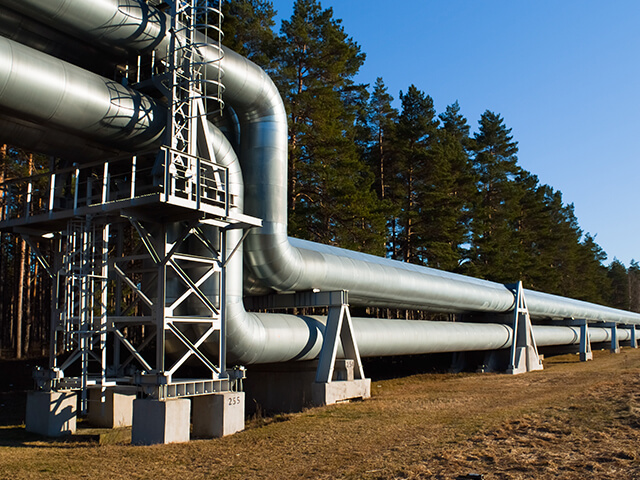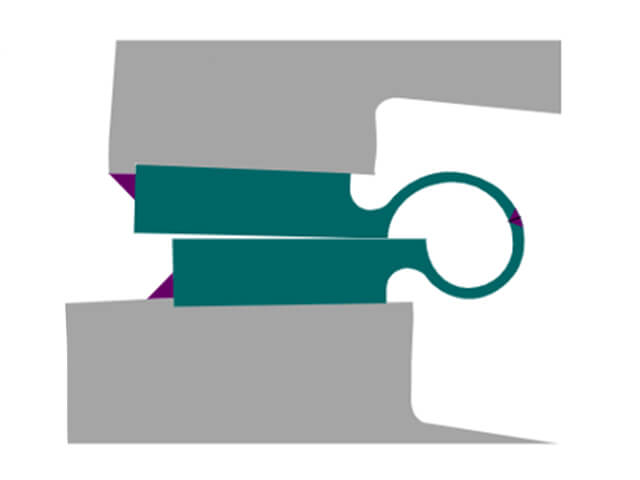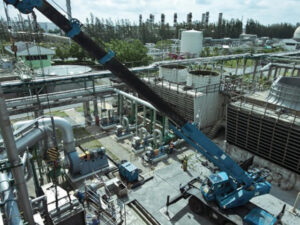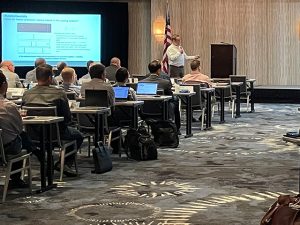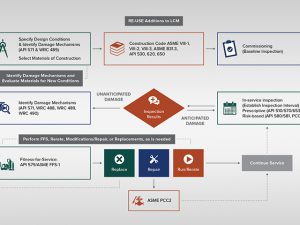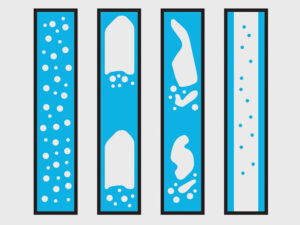
Equity Engineering Practices: Q&A with Joel Andreani
In an era of rapid digital transformation, it is often easy to overlook the foundational role that best practices play in safe and consistent decision-making. In this exclusive Q&A interview with Joel Andreani, Senior Vice President of Knowledge Management, you will learn more about the Equity Engineering Practices (EEPs), the value these documents bring to operating facilities, and how our team keeps this library of technical guidance current and relevant to industry needs.


